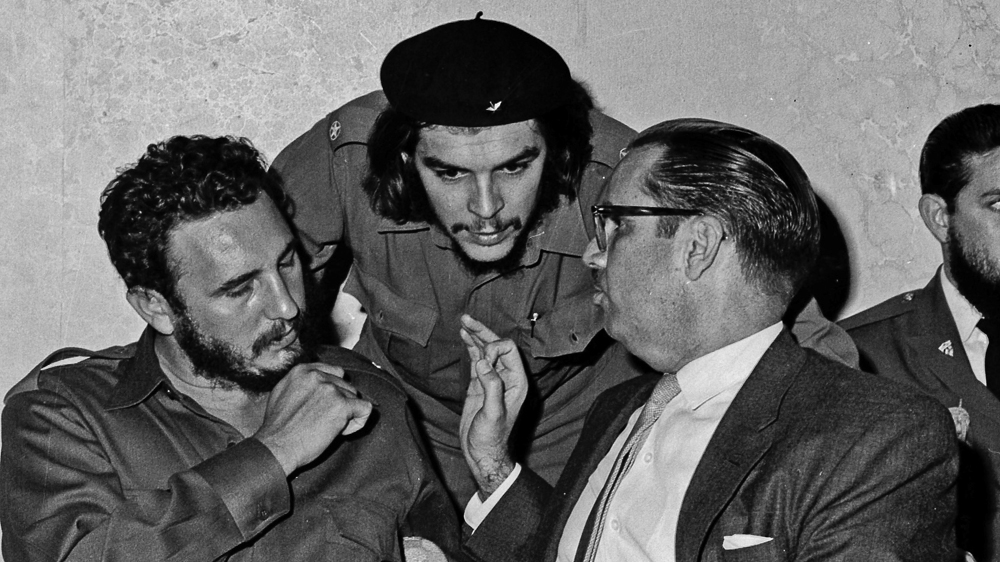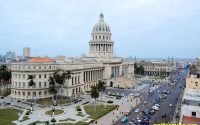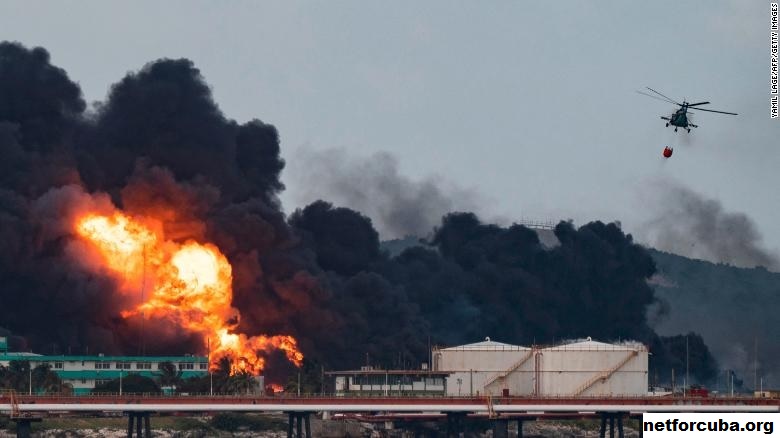The turbulent Political conditions of Cuba
Cuba is a small, traditional country in the North Caribbean. Since it was first established, the political situation in Cuba has always experienced turmoil. In 1492, Spain invaded Cuba. Since that time Spain conquered the indigenous people of Cuba and made a new colony. After America intervened in Cuba, this country also gained independence in 1902.
Unfortunately this independence helped by America made Cuba in the grip of America. The American government has the right to intervene to protect Cuba’s independence. Since its independence, Cuba has only been led by a corrupt president, Fulgencio Batista y Zaldivar. Until finally the Cuban Revolution was voiced by Fidel Castro.
Political Conditions in Cuba Since the Past Until Now
The initial step of the revolution voiced by Castro began on July 26, 1953. Castro and members attacked the Moncada Barracks located in Santiago de Cuba. After becoming a political prisoner, Castro was released in 1955. Then together with Che Guevara, he began a rebellion against the government led by Batista.
Castro and Che Guevara who openly brought the leftist ideology were apparently not favored by America. The US government is worried that these two figures will attack important American investments and property in Cuba. In the end during Castro’s leadership, America broke off diplomatic relations with Cuba.

Castro is known as the longest-running world leader. He came to power from 1967 to 2008, even though in 2006 he had surrendered his power to his younger brother, Raul Castro. Under Raul Castro’s leadership, Cuba became better because Raul had a different view on economic matters.
Castro who had communist ideology made Cuba a communist state by adhering to a one-party system. Of course this is what makes America angry. Nevertheless the Cuban revolution became a major development of this country. Modernization can also be created rapidly. Despite using communist ideology, the Castro regime was indeed more tolerant than the former East European regime.



